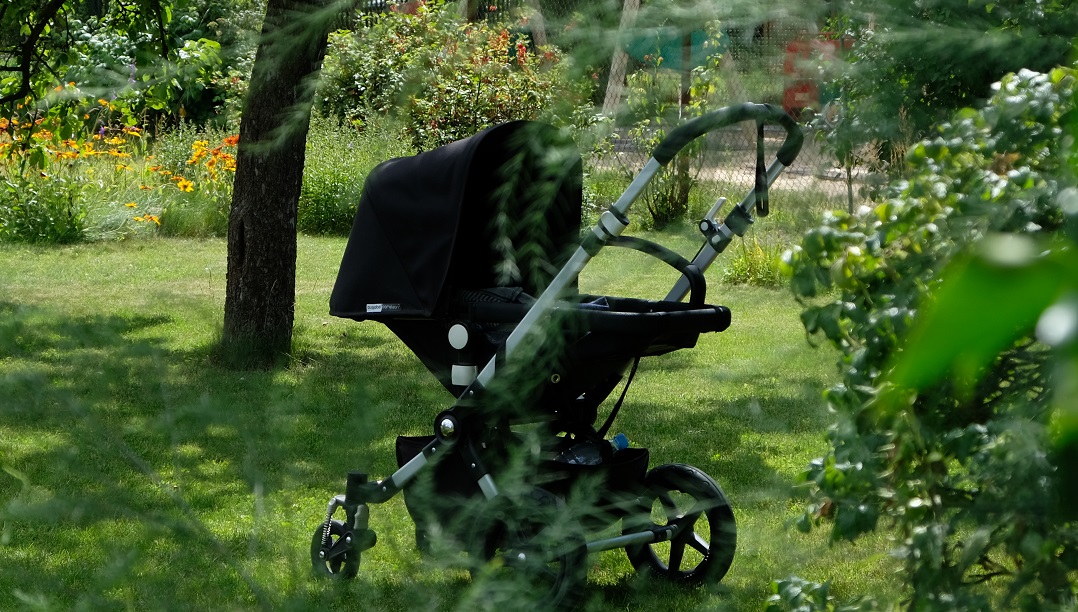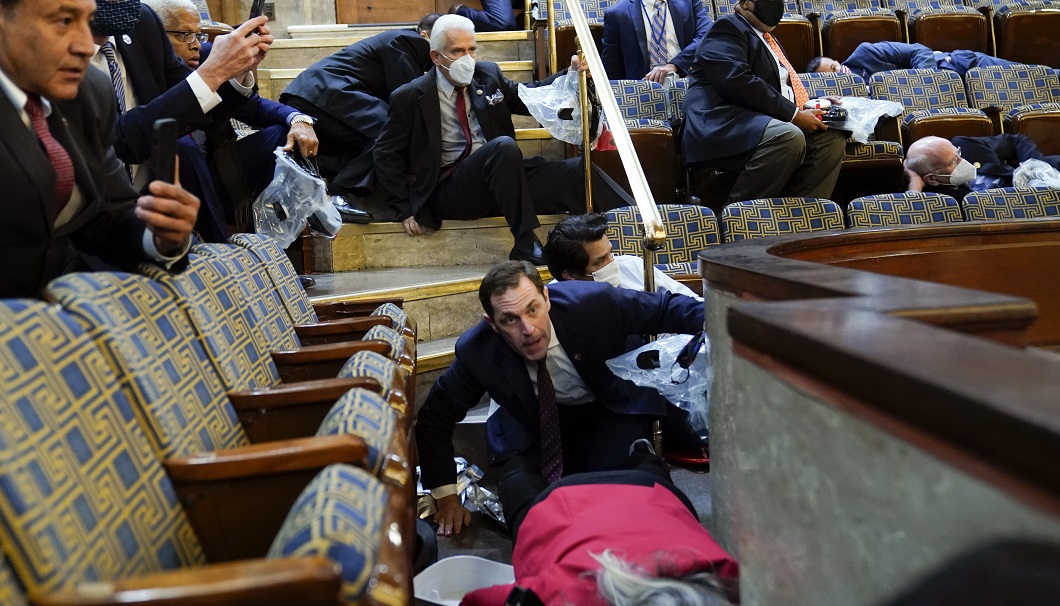Generation Bugaboo has to Learn to Save

When high-living standards meet a credit card, you’re lucky if you break even

L
ast week’s Mishpacha contained a line by Lakewood businessman Gershy Tress that was a call to arms.
Observing the financial devastation that corona has inflicted, with one local shul of working people suddenly serving daily dinner to 250 families, he notes that sky-high living standards - including Pesach in Florida mansions and glitzy parties - will have to come down.
“Those involved with helping families get through the month keep davening for the high life to end,” he writes, adding why this belt-tightening should take place even for those who are still financially successful.
“Months ago the nisayon was to live within one’s means and stop keeping up with the Joneses. Now it’s time to scale back and live below your means. If you’re fortunate enough to be where you were on Tu B’Shevat, then do it out of good taste because many of your neighbors are in a very different place.”
Well said, but there’s more to it than decency.
It’s time to scale back and live below our means, because for many in the frum community, savings are a bit like owning a private island in the Caribbean – very desirable, but totally out of reach.
Some recent conversations with people in the US, England and Israel clarified that this has become a universal challenge for younger families.
“My oldest is eight, and I’m already nervous how I’m going to pay for weddings,” said one friend who moved back two years ago from Israel to the US. He’s not a high-roller, but he has to pay $700 for private lessons besides school tuition, and expenses like that worry him. “And then there’s a certain standard – no one drives a beat-up car, for example,” he says. “We lease big cars.”
Another frum millennial, living in England, said “we’re not like our parents – we’re just not saving.” A third, living in Israel where social expectations are lower but cost-of-living led to 2011’s so-called “cottage cheese” protests, agreed.
There’s no question that part of the reason for that is high, and rising, cost-of-living in urban centers which are home to large frum communities. Even millionaires are being priced out of New York, London and Yerushalayim.
But there’s also no question that part of it comes down to Generation Bugaboo.
Expensively-clothed children (possibly matching), getting out of a shiny-looking SUV/Sienna, equipped with the ubiquitous designer stroller, is a scene that’s familiar across the frum world. It’s universal enough to draw laughs in that ultimate chronicle of current life, the Kichels.
But for many, many families, that reality is no joke.
It takes a very strong person to consistently live below their friends’ living standards. The social pressure to buy the right clothes, stroller, holiday or simcha is more than most of us can stand.
When high-living standards meet a credit card, you’re lucky if you break even - forget savings.
All that is coming when Generation Bugaboo is actually worse off than their parents. My American friend was able to quote almost verbatim a line from last year’s Mishpacha article by my colleague Yisroel Besser on rethinking wedding costs.
Since the idea of wedding takanos was first floated twenty years ago, said the Agudah’s Rabbi Shia Markowitz, “the frum middle class has disappeared. We don’t really have families like that anymore. We have the wealthy, and then there’s everyone else.”
In an article published just before corona hit, the Economist noted that US household savings were unusually high, given the then-booming economy. It traced that to the lingering effect of the 2008 recession, which Americans entered with only 3% of savings on disposable income.
Without data, it’s hard to know whether any of that had an impact on religious Jews’ savings patterns. But given the above, it’s hard to believe that those rainy-day funds were being squirreled away.
Coronavirus is a wakeup call in so many ways, but then again, we’ve had good intentions aplenty before.
But when it comes to changing our financial habits, can we afford to pretend that nothing’s happened?
(Exclusive to Mishpacha.com)
Oops! We could not locate your form.






